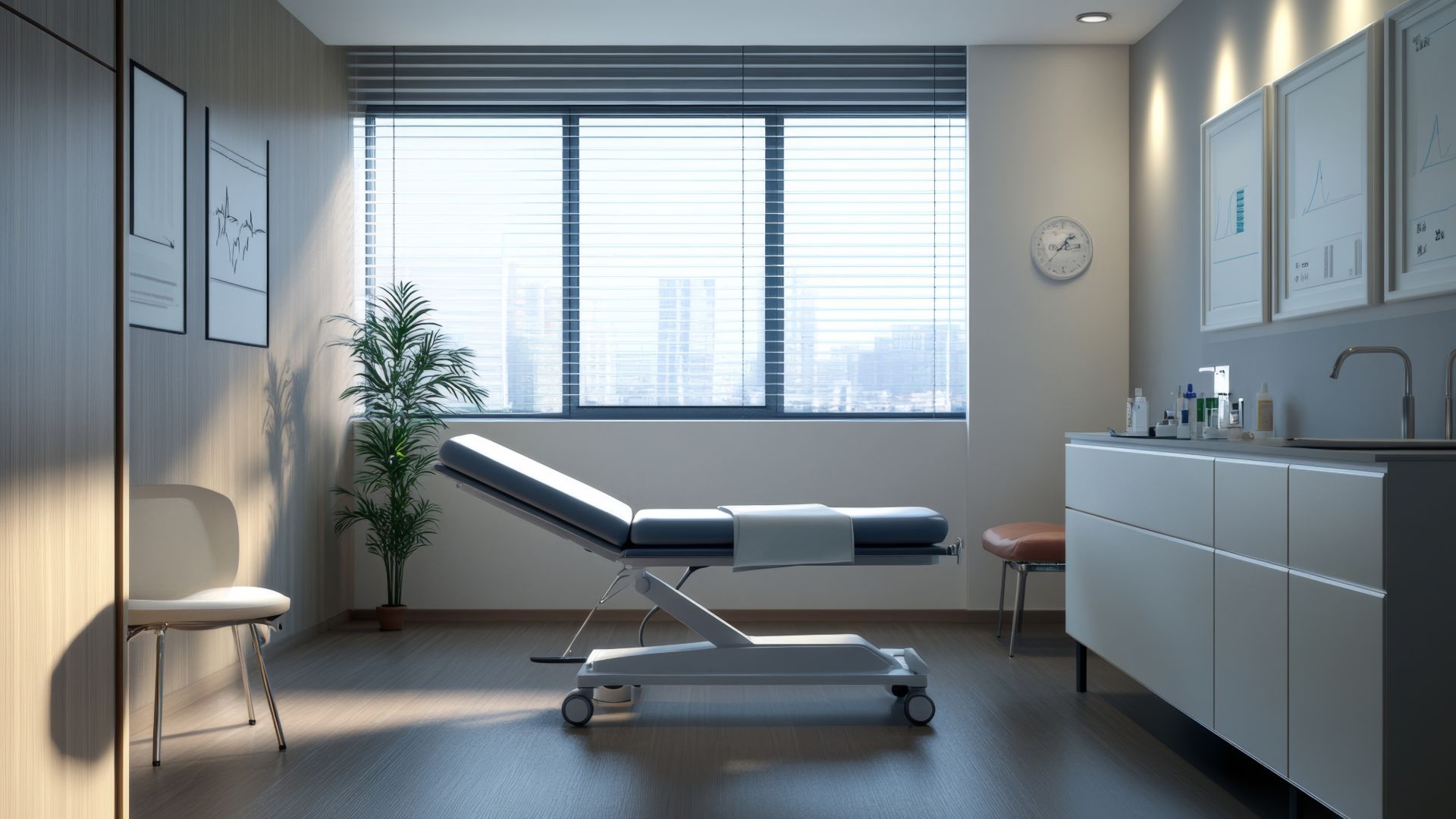When dealing with health problems, especially related to mobility, chronic pain, or injury recovery, many people wonder if physiotherapy is the right solution. Unlike some treatments that focus on temporary relief, physiotherapy targets the root cause of the issue. While this process might take time, the results are often more lasting, with a reduced chance of recurrence. Here’s how to determine if physiotherapy is right for your health problem:
1. Understanding Your Condition
Physiotherapy can address a wide range of issues, from musculoskeletal problems like back pain, joint stiffness, and muscle injuries to neurological conditions and post-surgery rehabilitation. If you’re experiencing pain or discomfort that affects your daily activities or mobility, there’s a good chance physiotherapy can help.
Common conditions treated by physiotherapists include:
- Sports injuries
- Arthritis and joint pain
- Post-operative rehabilitation
- Chronic conditions like sciatica or fibromyalgia
- Neurological issues such as stroke recovery
- Work-related injuries
2. Focus on the Cause, Not Just the Symptoms
One of the most significant advantages of physiotherapy is its focus on treating the underlying cause of the problem rather than just managing symptoms. For instance, if you suffer from recurring back pain, a physiotherapist will not only help you manage the pain but will also investigate what’s causing it—whether it’s poor posture, muscle imbalance, or an injury. By addressing the root cause, physiotherapy reduces the likelihood of the issue returning.
3. Personalized Treatment Plans
A physiotherapist will create a personalized treatment plan tailored to your specific condition and needs. This is not a one-size-fits-all approach. Depending on your problem, the physiotherapist may use a combination of manual therapy, exercises, and other techniques such as ultrasound or acupuncture. These plans are dynamic, meaning they will evolve as you progress to ensure that you are always working toward your health goals.
4. It May Take Time, But the Results Are Worth It
Physiotherapy is not a quick fix, but its results are often more permanent. Since it targets the cause of the issue, the improvement is usually sustainable, and the chances of the problem reoccurring are minimized. The process may require multiple sessions, along with exercises and stretches to be done at home, but with consistency and patience, the long-term benefits often outweigh the temporary inconvenience.
5. Preventative Approach
In addition to treating existing problems, physiotherapy is excellent for preventing future injuries or health issues. Whether you’re an athlete looking to prevent sports injuries or someone who wants to avoid surgery, a physiotherapist can help you strengthen weak muscles, improve flexibility, and develop better posture, all of which can help prevent future problems.
6. Consult a Professional
If you’re unsure whether physiotherapy is the right fit for your health issue, the best course of action is to consult a licensed physiotherapist. They will assess your condition and recommend a course of treatment, if applicable. Physiotherapists often work closely with other healthcare professionals, ensuring that you receive comprehensive care tailored to your needs.
Conclusion
Physiotherapy offers a holistic and long-term solution for many health problems, targeting the root cause rather than just masking the symptoms. While it requires time and dedication, the results are often more permanent, offering relief from pain and improving your overall quality of life. If you’re considering physiotherapy, consulting with a professional is the first step toward regaining control over your health.
4o




